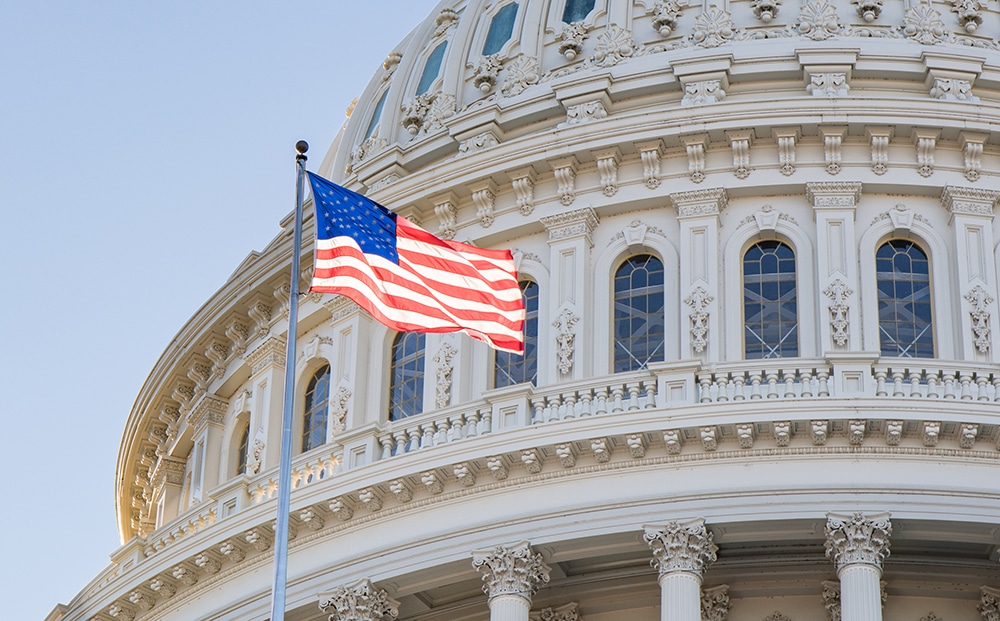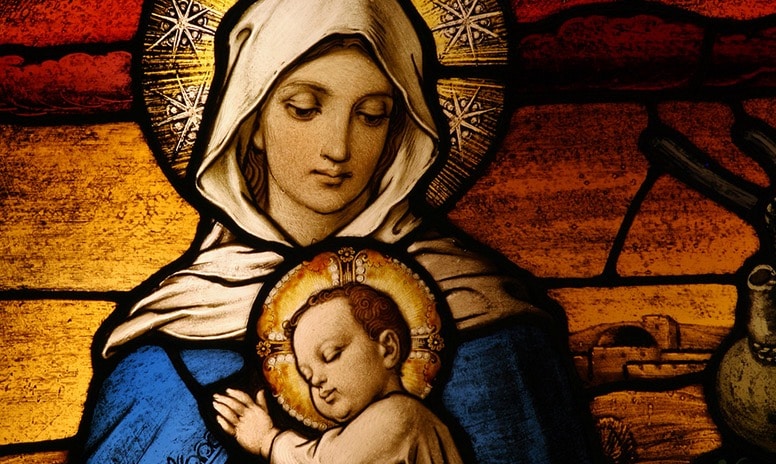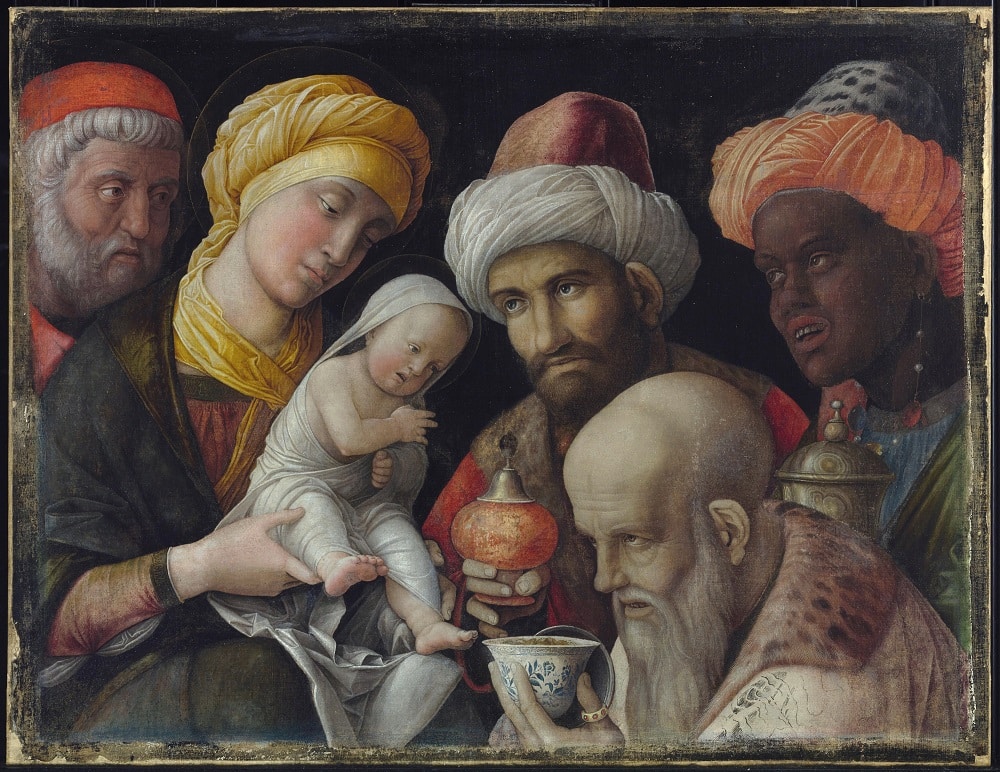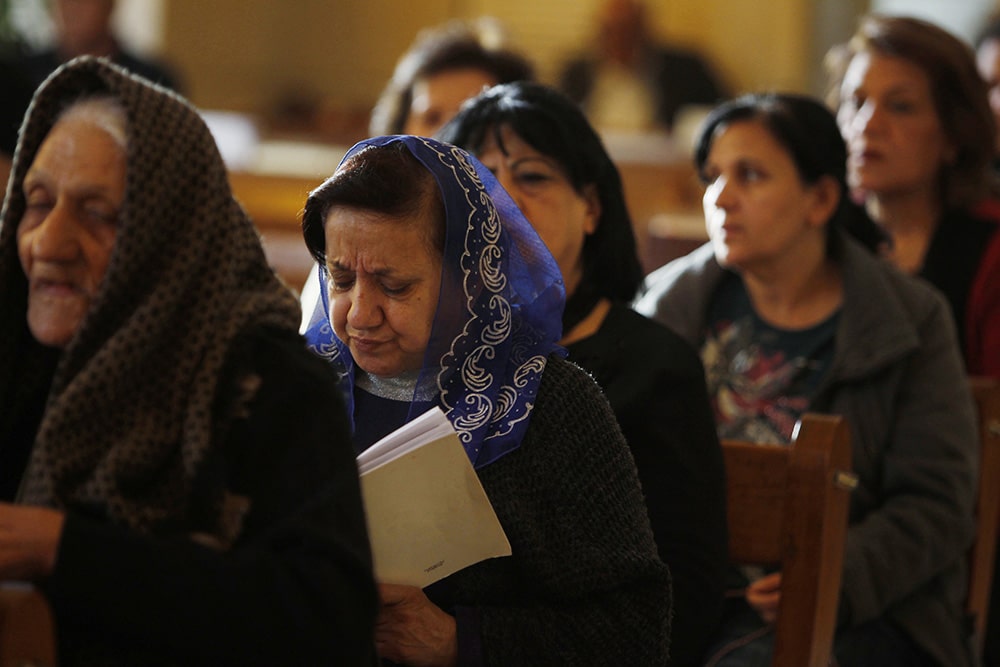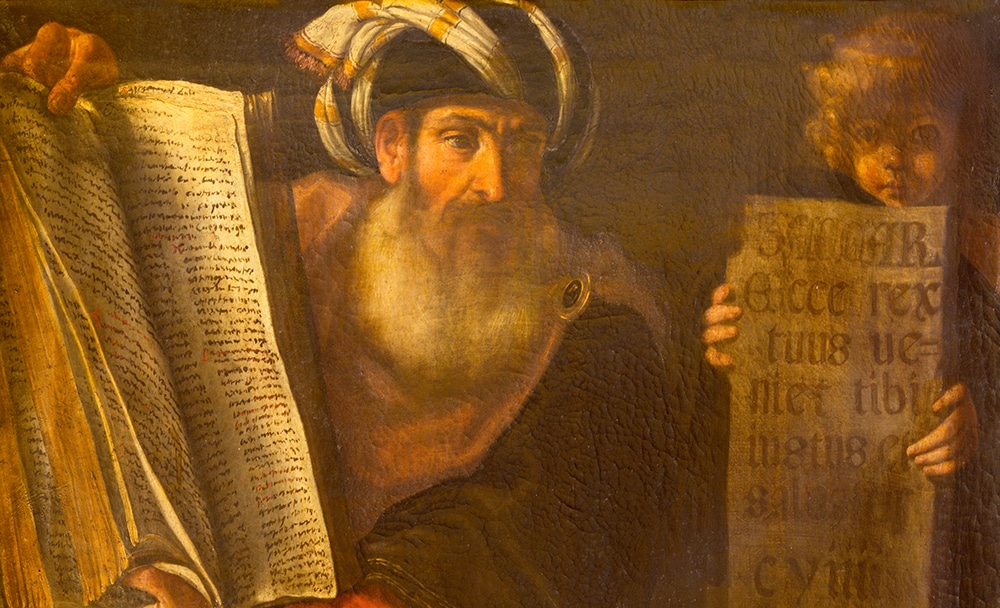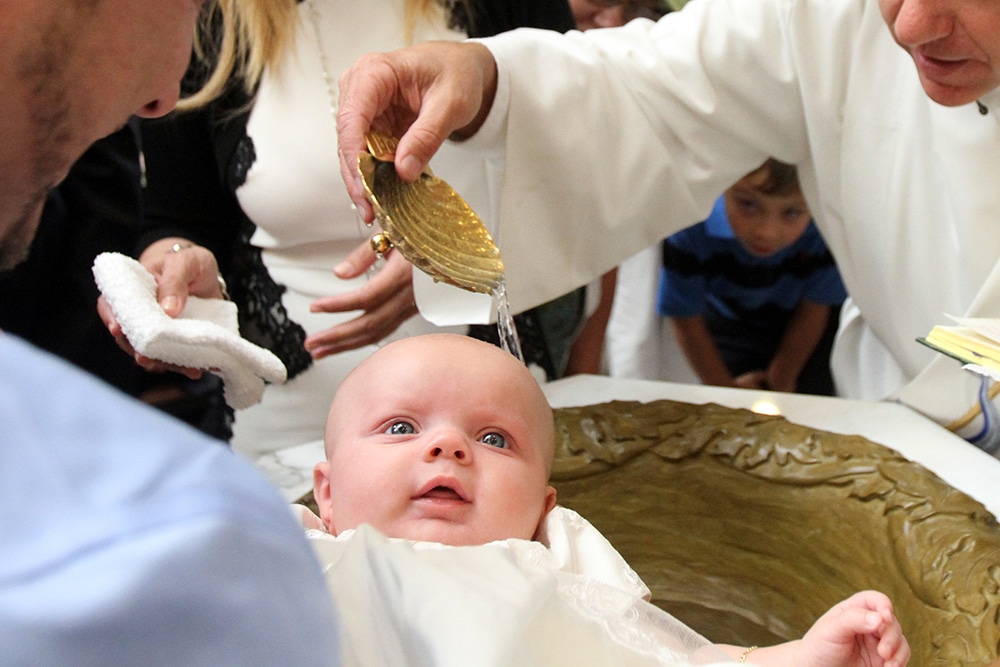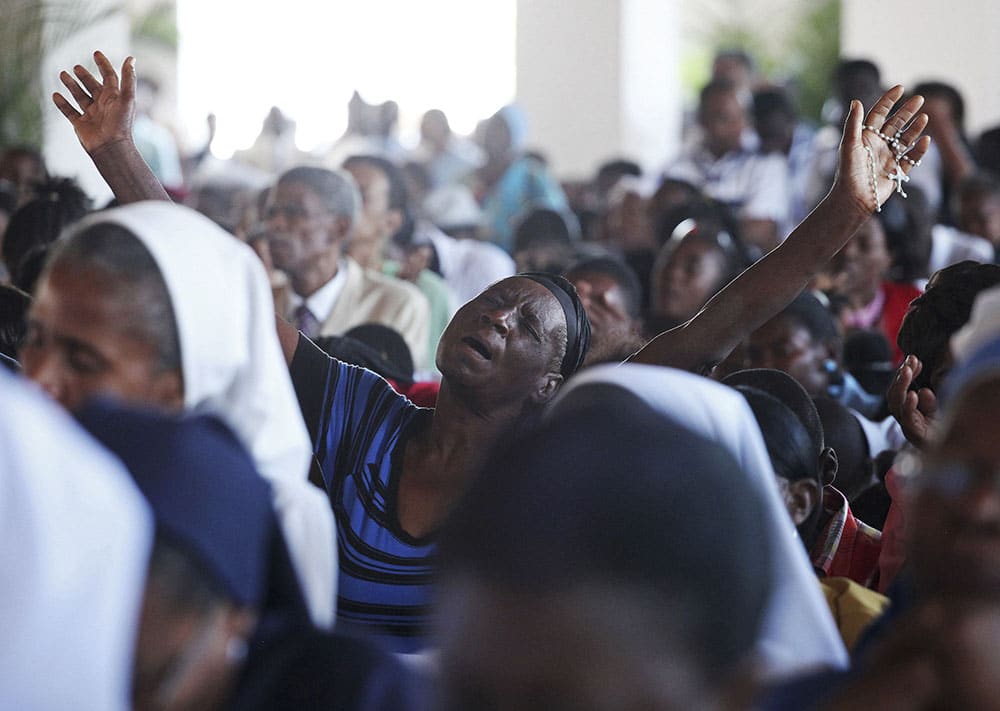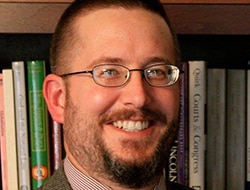 Election years are always tough ones for the Catholic Church in the United States, as political divisions threaten to tear the Body of Christ asunder. It’s easy enough to say that Catholics should be Catholics first, and that political affiliations should be secondary (if that), but politics is, in many ways, the true American religion, and American Catholics are not much different from American Protestants, Jews, Muslims and atheists in this regard.
Election years are always tough ones for the Catholic Church in the United States, as political divisions threaten to tear the Body of Christ asunder. It’s easy enough to say that Catholics should be Catholics first, and that political affiliations should be secondary (if that), but politics is, in many ways, the true American religion, and American Catholics are not much different from American Protestants, Jews, Muslims and atheists in this regard.
That neither major national political party nor any single candidate for the U.S. House of Representatives, the Senate or the presidency fully reflects Catholic social teaching compounds the problem. There have been over the years various third-party candidates who have come a lot closer to incarnating a political vision drawn from the truths that the Catholic Church teaches, but Americans as a whole are a pragmatic people, and they don’t want to “throw their votes away” on a candidate who “can’t win.” And so, of course, that pragmatism becomes a self-fulfilling prophecy, which is why we’re stuck, election cycle after election cycle, with the usual suspects.
In 2020, the existing divisions will be heightened by the aftermath of the impeachment trial of President Donald Trump. The trial itself is unlikely to last very long and will almost certainly result in his acquittal, which Catholic Republicans will regard as a victory over a partisan political process and Catholic Democrats will regard as a victory of a partisan political process. And then both camps will spend the next nine or 10 months before Election Day arguing over which side cares the most about the country, after which they will waste the next four years doing the same.
Meanwhile, the Catholic vision of the common good, of subsidiarity, of the truth proclaimed by the one who declared that he is the way, the truth and the life will recede ever further into the background, as it has for the better (or perhaps we should say the worse) part of the past 500 years.
While the politicization of every aspect of human life is more advanced in the United States than in many other countries, the increasing expansion of politics well beyond the narrow sphere that it occupied in the Christian centuries has been one of the primary marks of the modern world since the early Renaissance. From the French Revolution through the Russian Revolution through Nazism, the attempt to replace religion — and especially Catholicism — with politics, or at least to subjugate religion to politics, has been unrelenting.
Here in the United States, this revolutionary elevation of politics over religion has been more subtle, but in many ways that has made it more effective. The Catholic Church in France grew stronger in the wake of the French Revolution, as did the Catholic Church in Poland and other former Eastern Bloc countries, as well as the Orthodox Church in Russia, after the fall of the Berlin Wall. The deliberate suppression of religion invited a backlash, while here in the United States, Catholicism has been more effectively marginalized by treating it as merely a personal belief, following the example of such Catholic politicians as John F. Kennedy and Mario Cuomo.
As Catholics, we are called to participate in the civic life of our country, at every level. (Subsidiarity places a higher priority on those aspects of civic life that are closer to us — our local communities and states, rather than the federal government — but that’s a different column for another day.) But we are called not merely to act within the narrow confines of our current political landscape, but to live our faith in a way that will transform that landscape.
Jesus told us to “repay to Caesar what belongs to Caesar and to God what belongs to God” (Mt 22:21). That’s often quoted as if Christ were foreshadowing the American understanding of separation of church and state established by the U.S. Supreme Court in the 20th century, but it’s really just a reminder of what the psalmist said: “Put no trust in princes, in children of Adam powerless to save” (Ps 146:3).
Scott P. Richert is publisher for OSV.

